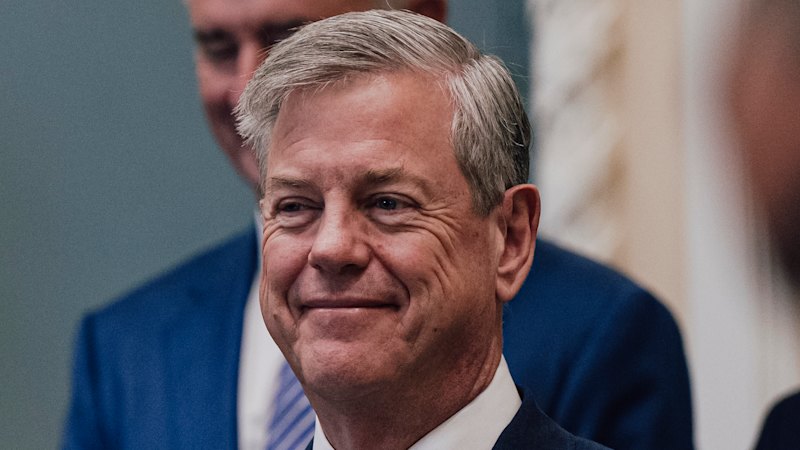
Queensland nurses and midwives are on the verge of accepting a significant wage increase following months of intense negotiations with the Crisafulli government. The Queensland Nurses and Midwives’ Union (QNMU) announced on Thursday that it has secured an offer for an 11 per cent wage increase over three years, marking the most substantial rise in over a decade and positioning Queensland’s pay rates as the highest in the nation.
The proposed deal guarantees a 3 per cent pay rise starting in April 2023, followed by 2.5 per cent increases in each of the subsequent two years, culminating in another 3 per cent increase in December 2027. In a letter to its members, the QNMU described the agreement as a “huge improvement” that reflects the union’s efforts to shift the government’s initial proposals significantly.
Details of the Agreement
The new wage agreement not only includes backpay for nurses and midwives but also enhances earning potential for nearly a quarter of the workforce. Additionally, the deal raises overtime pay to competitive levels for all shift workers. The QNMU noted that these negotiations involved over 150 hours of bargaining and 13 conciliation sessions with the Queensland Industrial Relations Commission.
In its letter to members, the union stated, “Together, we’ve shifted the government significantly since their first offer in May. The QNMU and Queensland Health have reached a bargaining consensus during conciliation.”
The offer also introduces a new eighth pay point to the Nurse Grade 5 classification. Under this plan, all employees classified at Nurse Grade 5 pay point 1 as of December 1, 2027, will automatically progress to Nurse Grade 6 pay point 2, which will become the new pay point 1 on the same date.
Background of the Negotiations
Negotiations between the QNMU and Queensland Health began at the start of 2023, escalating into industrial action as nurses and midwives initiated protected measures in June. This included wearing campaign shirts and distributing badges and stickers to raise awareness. The situation intensified in July when approximately 48,000 unionised workers began refusing overtime without four hours’ notice, as well as suspending various non-essential tasks.
In response to the ongoing unrest, the government sought conciliation through the Queensland Industrial Relations Commission last month. The independent tribunal requested the union to halt all actions for three weeks, ending on September 2. Nonetheless, the QNMU expressed to its members that they should remain prepared for a potential escalation of actions if the government failed to negotiate in good faith.
The union updated its members, stating, “If this happens, we will escalate to Stage 3 strike action across the state.”
As the negotiations draw to a close, the QNMU aims to finalize the wage agreement, which promises to enhance the working conditions and financial stability for Queensland’s healthcare professionals. This development represents a crucial step forward in addressing the needs and demands of nurses and midwives throughout the region.







